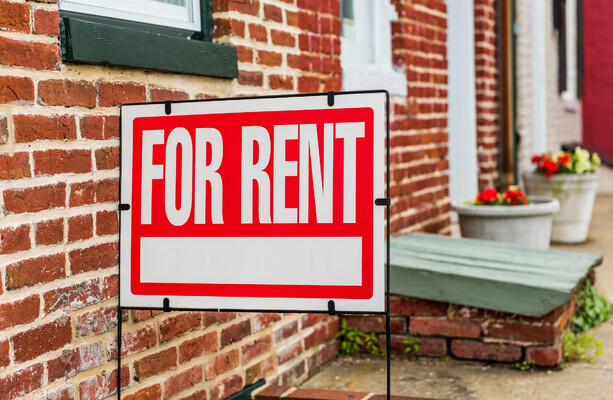I was, maybe, being a bit facetious with the total abolition suggestion. This is a scenario where private landlords might provide a service. Short term, single persons in high demand skillsets. Private landlords should be a niche market, providing, perhaps 5-10% of housing needs, to the well paid, high end,short term tenant.
They would apply for a council house/apartment like everyone used to in the 70's. When my parents were young, they had a choice of three properties, in various estates. Each house had three bedrooms, a garden and two toilets. They would pay a reasonable rent, have security of tenure and a well maintained house. They could then decide to purchase a private house or, maybe, they would stay in the house forever and live happily ever after.
She would just buy a house, as she would at the moment.
Again, he could buy a property. Or rent from the local authority/housing association.
If we are going to persist with the private landlord as the mainstay of housing in Ireland, then we need to legislate accordingly. Take the German model ( rather than the North Korean) and we might begin to create a society which values the citizen over the investor. The idea that legislation , in Ireland, is restrictive is for the birds. Landlords have absolute power in the relationship with their tenants. They can expel, without reason, after 6 months, or a year. They can neglect the house without sanction. ( unlike in Germany, where the tenant is protected from eviction and can reduce their rent if the landlord is negligent)
Some of the landlords, on this thread, are quoting the constitution, which protects their right to make money from the ownership of houses. They are right, because that principle is enshrined in the constitution. The right of a private landlord to make money is protected in our Constitution – but the right to housing is not. Something needs to change.
Your suggestion of a government agency to handle housing needs is not unprecedented. Local authorities provided such services for many decades. That should have continued and developed. But, some time in the 80's, the principles changed and housing became a method for people to make money, rather than an essential human right.
So, my suggestion, is for a widespread enlargement of the local authority housing stock, the development of not-for-profit housing associations and a minimal role for the private landlord.
:quality(70)/cloudfront-eu-central-1.images.arcpublishing.com/irishtimes/A4QA54IWSQXJ5ODAGL3V6QGIBA.jpg)



